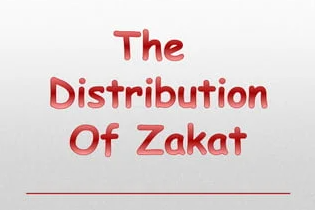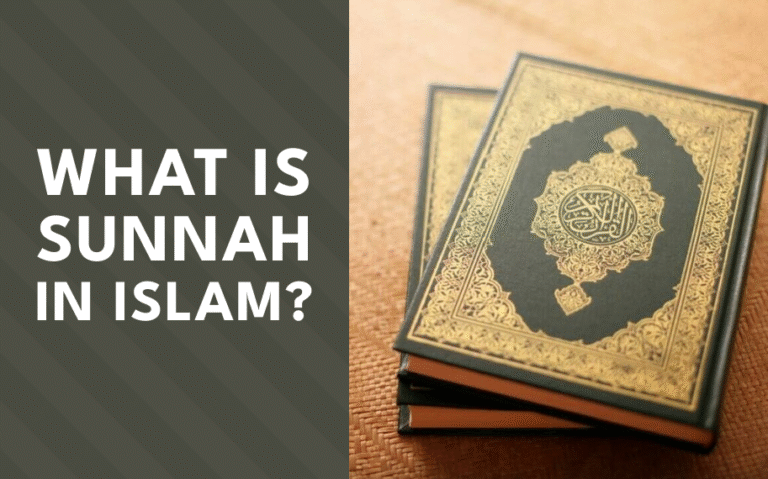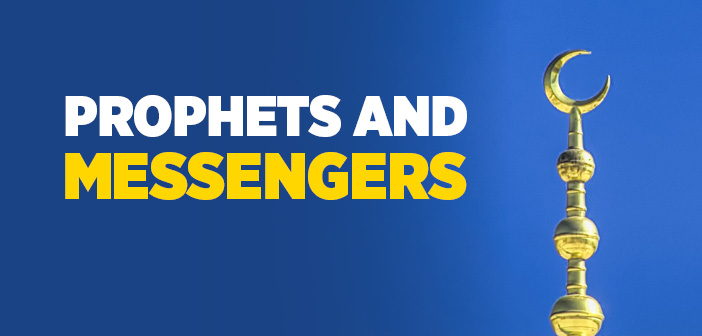Those exempted from Fasting
Fasting provides benefits for the soul and the body.
What is Sawm?
Wisdom of Sawm.
Who is exempted from fasting in Ramadaan?
Fasting in Islam means, abstaining from eating, drinking, sexual intercourse, and other acts that break the fast from dawn to sunset.
Fasting was made obligatory on all Muslims as reflected in the Qur’aan where Allah says:
يَـٰٓأَيُّهَا ٱلَّذِينَ ءَامَنُوا۟ كُتِبَ عَلَيْكُمُ ٱلصِّيَامُ كَمَا كُتِبَ عَلَى ٱلَّذِينَ مِن قَبْلِكُمْ لَعَلَّكُمْ تَتَّقُونَ (سورة البقرة: ١٨٣)
“O you who have believed, decreed upon you is fasting as it was decreed upon those before you that you may become righteous.” [Soorat al-Baqarah:183]
There is great wisdom behind Allah’s ﷻ command to the believers to fast.
Fasting provides benefits for the soul and the body. It also benefits the society in which we live.
–Spiritually, one becomes used to exercising patience and self-restraint, and cultivates piety and belief through fasting. One draws closer to Allah and obtains His Pleasure.
–Socially, fasting binds the community through spiritual justice, equality and unity. It builds character in a Muslim and protects him/her from negative outer influences.
-Fasting cleanses and purifies the intestines and stomach and enhances health. The human body benefits greatly from fasting.
Every Muslim has to fast during the holy month of Ramadaan.
Allah ﷻ is Most Kind and Merciful. He does not burden anyone beyond what he/she can bear.
There are certain conditions under which a Muslims may be granted permission to stop fasting or not fast in Ramadaan.
Allah ﷻ says in the Qur’aan:
فَمَن شَهِدَ مِنكُمُ ٱلشَّهْرَ فَلْيَصُمْهُ ۖ وَمَن كَانَ مَرِيضًا أَوْ عَلَىٰ سَفَرٍۢ فَعِدَّةٌۭ مِّنْ أَيَّامٍ أُخَرَ ۗ يُرِيدُ ٱللَّهُ بِكُمُ ٱلْيُسْرَ وَلَا يُرِيدُ بِكُمُ ٱلْعُسْرَ وَلِتُكْمِلُوا۟ ٱلْعِدَّةَ وَلِتُكَبِّرُوا۟ ٱللَّهَ عَلَىٰ مَا هَدَىٰكُمْ وَلَعَلَّكُمْ تَشْكُرُونَ (سورة البقرة: ١٨٥)
“So whosoever sights [the new moon of] the month (of Ramadaan), let him fast it; and whosoever is ill or on a joumey-then an equal number of other days. Allah intends for you ease and does not intend for you hardship and [wants] you to complete the period and to glorify Allah for that [to] which He has guided you; and perhaps you will be grateful.”
Permission has been granted to the following people not to fast:
The Traveler -A traveler is allowed not to fast if he/she covers more than forty-eight miles. If he/she is able to fast while traveling, he/she may do so provided that it is not extremely hard for him/her. It must be remembered that the traveler would have to make up for the missed days after Ramadaan.
Aboo Sa’eed Al-Khudri reported the following:
“We used to travel for war expeditions with the Messenger of Allah during Ramadaan. So some of us would fast and some of us would not fast, and the fasting person would not blame the one who was not fasting, and the person who was not fasting would not blame the one who was fasting. Then they thought that the person who had the strength would fast and that was good, and that the person who felt weak would not fast and that was good.” [Muslim]
The Sick: A Muslim who is ill during the month of Ramadaan is allowed not to fast under certain conditions. The degree of the person’s illness will determine whether it is permissible not to fast. It is preferable to consult a doctor to determine the seriousness of the illness before deciding not to fast. If it is feared that fasting will worsen the illness to the extent that it becomes life threatening or the illness makes fasting extremely difficult then it is permissible not to fast. One who is ill may continue fasting if it is not too difficult to do so.
Old Age – If a person finds it difficult to fast because of frailty caused by old age, it is permissible not to fast. The obligation is on the individual to make a sincere and honest decision in this regard. If one sincerely wishes to fast, but is not physically able to do so, then surely Allah ﷻ is aware of that.
Pregnant or Breast-feeding Women – If a Muslim woman is pregnant, and she is concerned about her health and the impending risk to the health of the baby, she may break her fast. The same holds for the breast-feeding mother. The mother will make the decision to fast or not, based on her circumstances prevalent at the given time. She would have to make up for the fast at a later stage.
Menstruation – A woman who menstruates during Ramadaan has to break her fast. She is not permitted to fast and has to make up for the lost fasting after Ramadaan.
The Prophet ﷺ said:
” أليس إذا حاضت لم تصل ولم تصم ؟ ( البخاري)
“Is it not [true that] when she menstruates, she does not pray and she does not fast?” [Al-Bukhaari]
These are general groups of people who have been granted permission. It clearly shows how Allah ﷻ has clarified and simplified fasting so that those who are not able to fast are granted leniency. It reflects the mercy, kindness and compassion that Allah ﷻ shows towards His creation.







